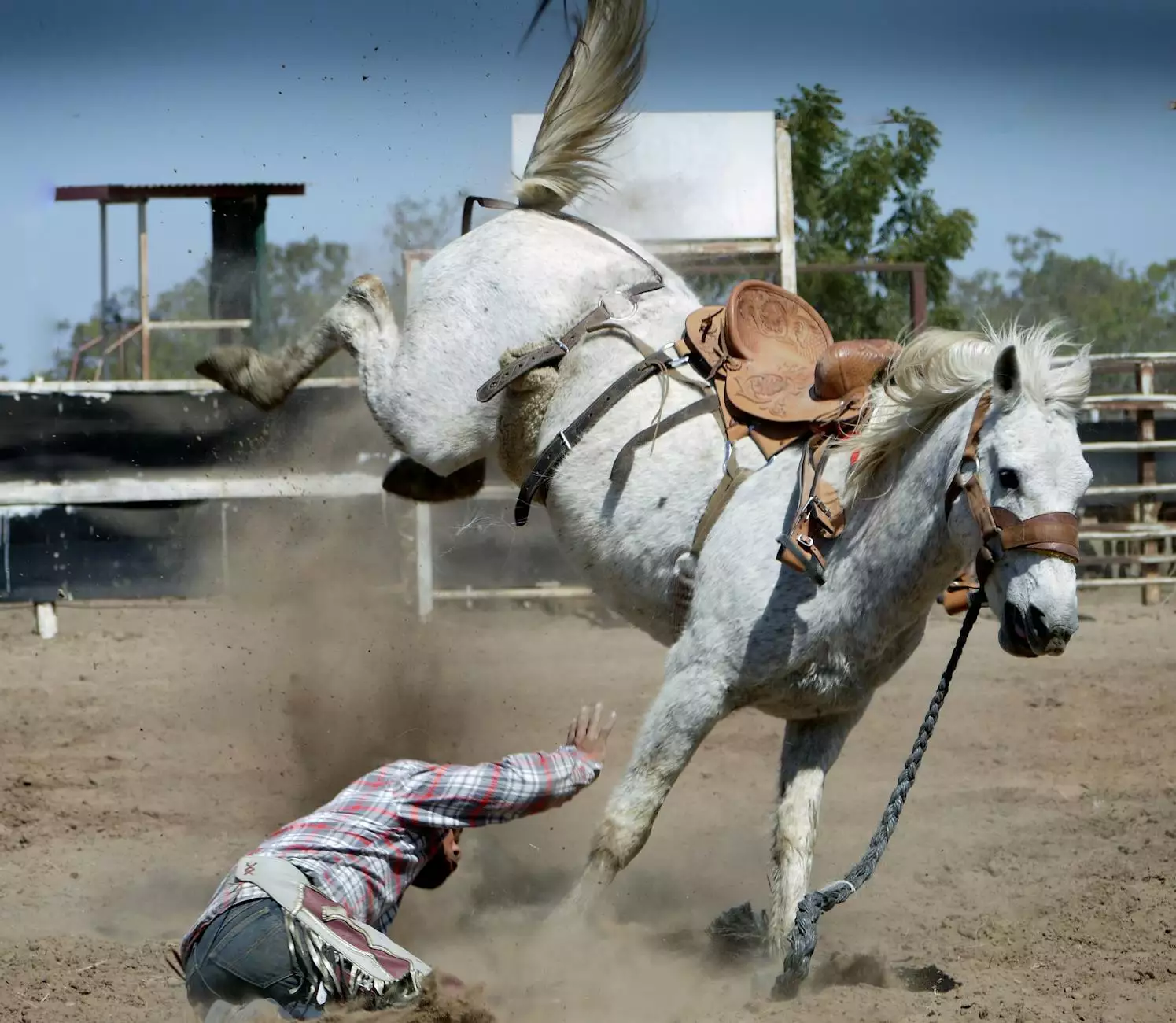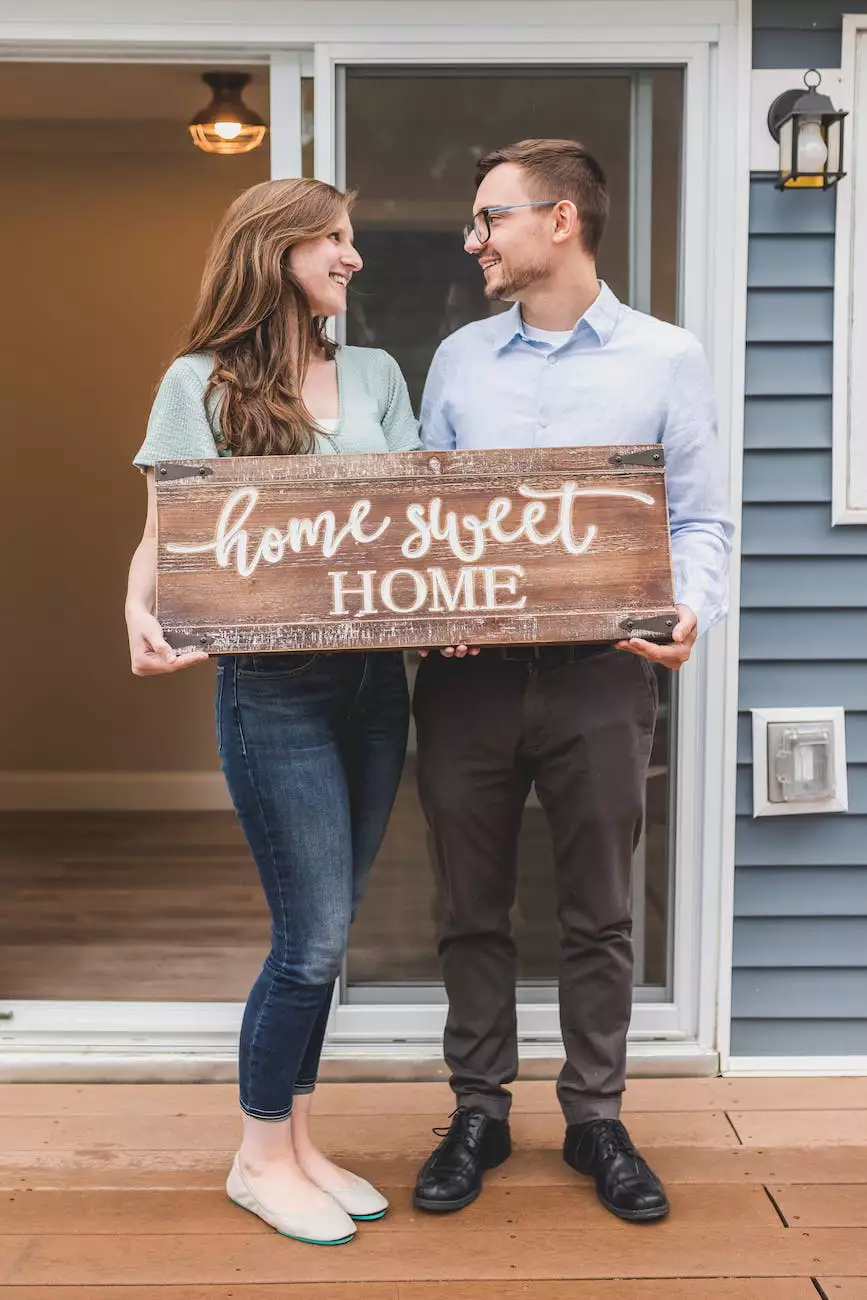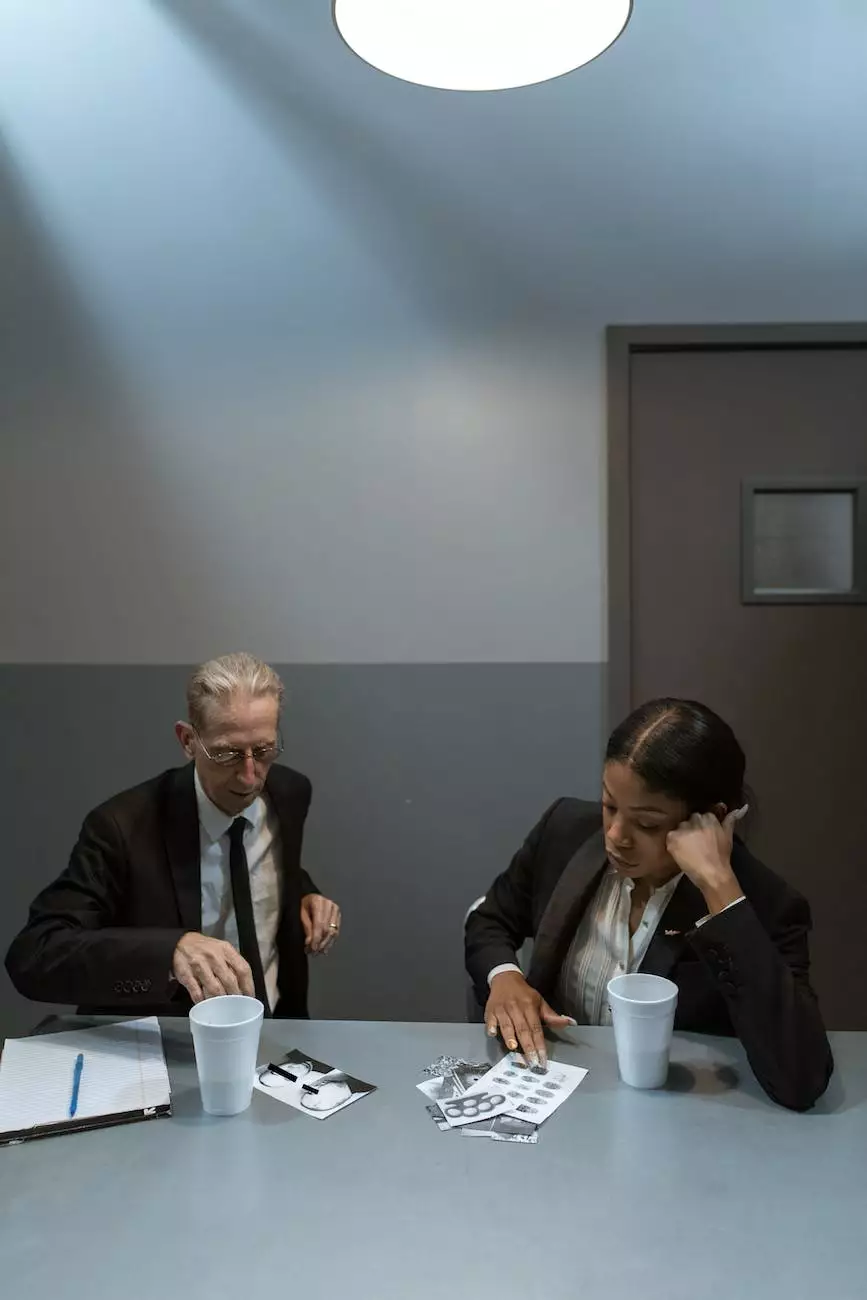Slip And Fall Accident Law: What Is Constructive Knowledge

Introduction
Welcome to Baytowne Reporting, your reliable source of information on slip and fall accident law. In this article, we will explore the concept of constructive knowledge in detail and help you understand your rights in slip and fall cases.
What Is Constructive Knowledge?
Constructive knowledge, in the context of slip and fall accident law, refers to the legal principle that holds property owners responsible for dangerous conditions that exist on their premises. It means that the property owner should have known about a hazardous condition and taken necessary actions to address it.
Understanding Liability
When it comes to slip and fall accidents, establishing liability is crucial. In order to seek compensation, you need to prove that the property owner had constructive knowledge of the hazardous condition that caused your accident. This can be challenging, as it requires evidence and thorough documentation.
Types of Constructive Knowledge
There are two main types of constructive knowledge: actual knowledge and constructive notice.
Actual Knowledge
Actual knowledge is when the property owner has actual awareness and knowledge of the dangerous condition. This can be proven through various means such as prior complaints, maintenance records, or eyewitness testimonies. If you can establish that the property owner knew about the hazardous condition, it strengthens your case.
Constructive Notice
Constructive notice, on the other hand, refers to the property owner's duty to regularly inspect and maintain their premises. If a hazardous condition existed for a length of time that the property owner should have discovered it through reasonable inspections, they can be held liable. This is known as the "reasonable person" standard.
Gathering Evidence
To successfully prove constructive knowledge, it is important to gather relevant evidence to strengthen your case. This can include but is not limited to:
- Photographs or videos of the hazardous condition
- Witness statements
- Prior complaints or incident reports
- Maintenance records
- Expert testimonies
Legal Assistance
Dealing with slip and fall accidents and navigating the legal complexities can be overwhelming. It is advisable to seek the assistance of experienced slip and fall accident attorneys who specialize in personal injury law. They can guide you through the process, help gather the necessary evidence, and build a strong case on your behalf.
Conclusion
Understanding the concept of constructive knowledge is crucial in slip and fall accident cases. It is important to gather substantial evidence to prove that the property owner had knowledge of the hazardous condition. With the assistance of skilled attorneys, you can protect your rights and seek the compensation you deserve. Contact Baytowne Reporting today for expert legal advice and representation.



